A character-driven story about a little known event in history, Justin Kurzel's The Order is a study on ego, obsession, and what happens when hate festers.
The Order Review
Similar to Judas and the Black Messiah, BlackKklansman, and Nickel Boys, The Order is a crime-thriller based on a little-known, real-life event. In 1989, The Silent Brotherhood, a non-fiction book by Kevin Flynn and Gary Gerhardt, was published, detailing a white supremacist group's 1983 robberies and counterfeit scams. That became the basis for director Justin Kurzel’s The Order, adapted by Zach Baylin, a character-driven film about ego, obsession, and what happens when hate festers. But this hate isn't the ideological type, although they do give space to show some of the more hateful rhetoric these people live by. Rather, Kurzel and Baylin focus more on the feeling, what it looks like, and more importantly what actions it can cause. Absent are the skinheads and typical imagery you imagine when thinking about white supremacy. In their place is glaring evidence showing how this group's way of life has permeated mainstream America's right.
Kurzel's story revolves around two men, each representing one side of America's ideals (at least in their own minds). One is FBI agent Terry Husk (Jude Law), a man who recently moved to Idaho in order to take it easy. But old habits die hard and soon he is investigating a slew of robberies and bombings he believes are connected to the Aryan Nation. The other man, Bob Mathews (Nicholas Hoult), is the charismatic leader of the group Terry is after. This sets the men up on an inevitable collision course that can only end in bloodshed.
Both of them carry around a simmering anger, defined by a hate for some aspect of their lives. For Bob, he hates to be less than and that's exactly how racial equality makes him feel. Instead of acting erratically, he feeds off the admiration of those around him in order to make his own insecurities. Bob is a poster boy for calm, cool, and collected…until the third act that is. Husk meanwhile is a man who spent his life fighting organized crime. Although he has put many behind bars the cost was his family, who no longer speaks to him. Here was a man once in charge, reduced to sniffing around for any meager clues left at scenes by other detectives. Constant parallels are drawn between the two and even the organizations they serve. Kurzel makes a point never to make the bad guys sympathetic, but he also points out that the police aren't always the ‘good guys' either. I would say by pitting these two against each other, he makes the case that obsession and ego walk hand-in-hand with abuse of power.
Law is reliable for committing to his roles with an intensity and focus that other actors wish they could muster. He is confident when need be, gruff enough to make Harrison Ford proud, yet carries a heavy burden that leaves him haunted. Law allows Husk to simmer, silently seething with a hatred for his circumstances. He should be in charge, he shouldn't be pushed to the side. Who do these people think they are? When he goes rogue it was to be expected, after all this man knows better than the others–who cares what “the law” has to say about it.
Hoult meanwhile dims his natural charm and likability for the audience (not Bob's followers) in order to create this portrait of a man whose smile will make your skin crawl. Hatred is lurking under that gentle exterior and pretty words. When he isn't standing in front of his fellow racists, Hoult drops the facade of pleasantries completely, showing just how cold-blooded and calculating Bob truly is. These two share a handful of encounters throughout the movie, leading up to the final and deadly one. Whether they are exchanging niceties or barely veiled threats, Law and Hoult fight for the audience's attention as if they are trying to win you to their cause.
Verdict
Ultimately, The Order serves as a warning about what happens when hatred is allowed to fester and spread. It's a study of ego and obsession and how those two things can drive us to do good, evil, or something in between. What I found fascinating was that The Order doesn't end with the death of Bob or the destruction of his followers. Rather it traces a line between their doctrine and future attacks including the 1995 Oklahoma City bombing and the January 6 insurrection at the Capitol. Kruzel is not shy about reminding us that this isn't some long-forgotten history, it is very much a present threat, it has just simply morphed into a new form. It's a sobering thought, but if you can handle that and enjoy crime-thrillers, The Order will be a great watch.
The Order releases in US theaters December 6. It is rated for some strong violence, and language throughout with a runtime of 114 minutes.
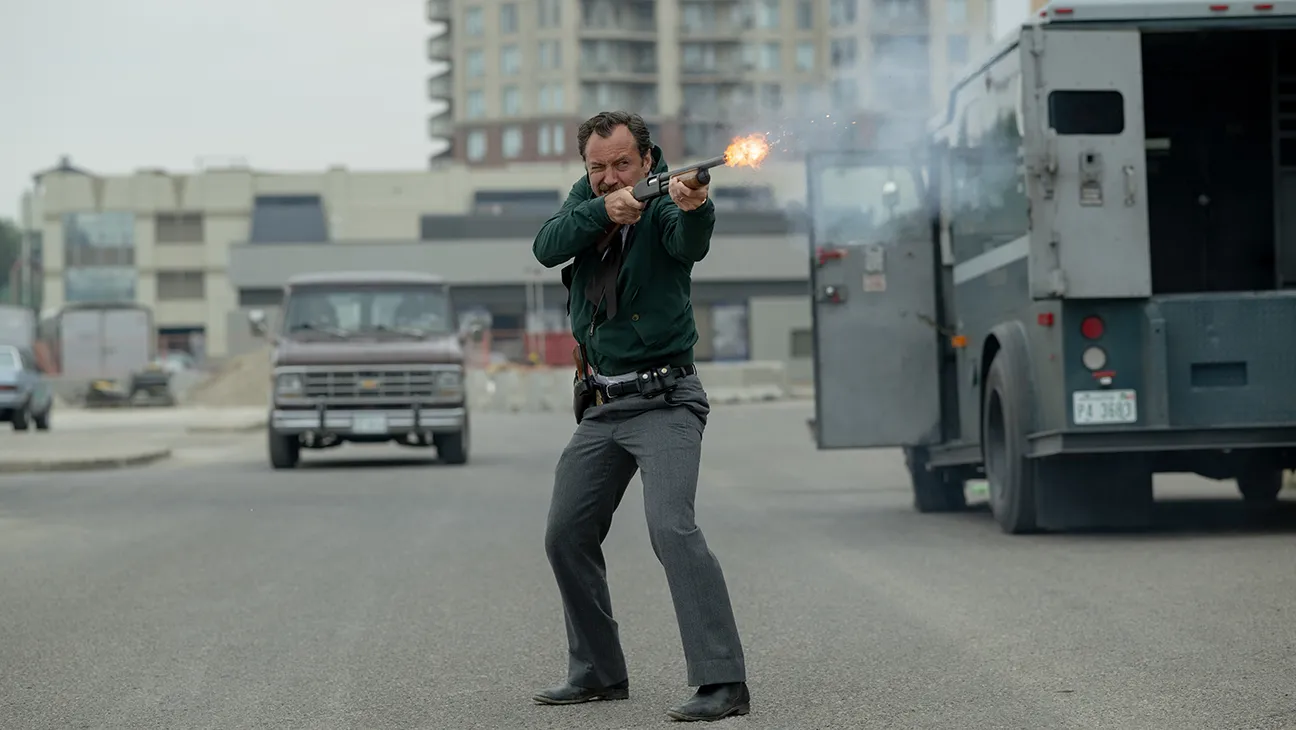
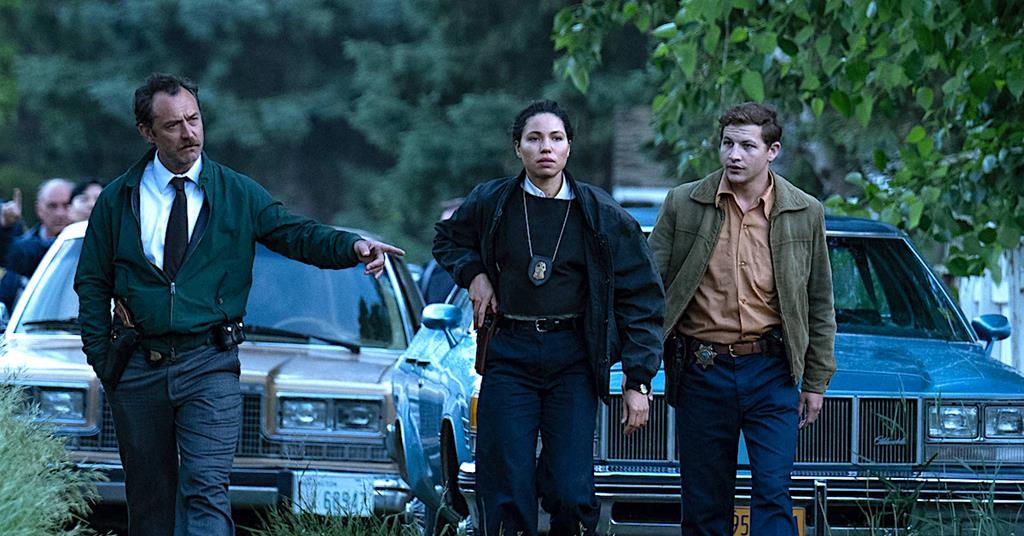
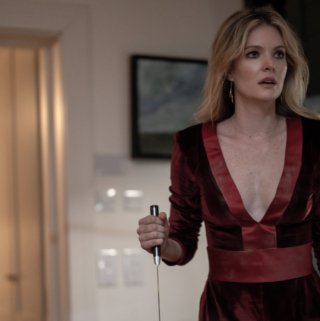
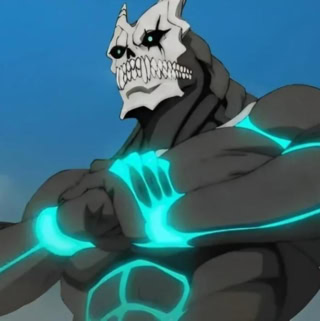
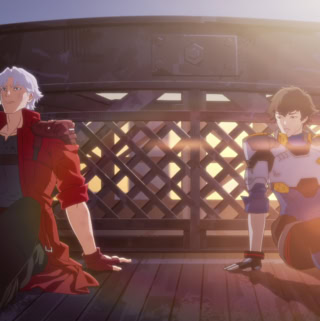
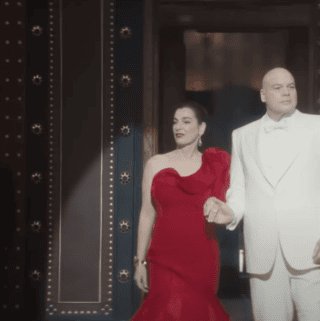
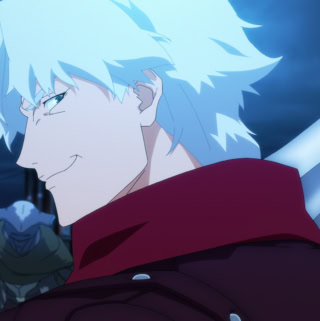
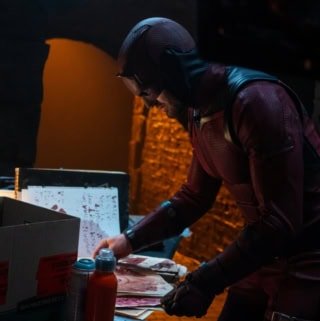
Leave a Reply